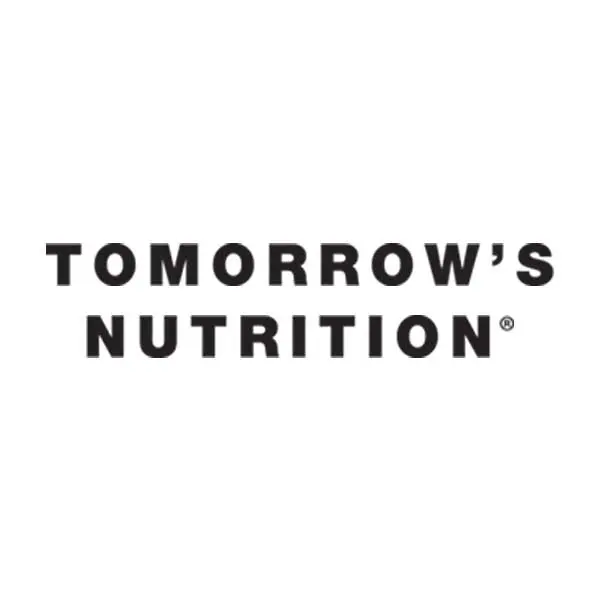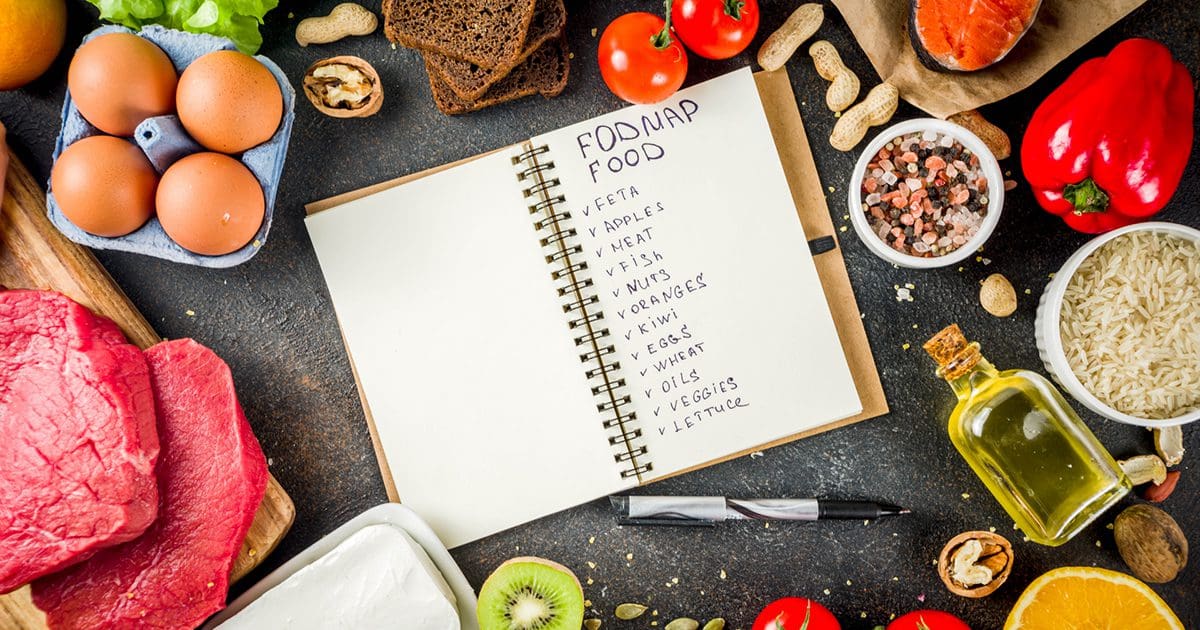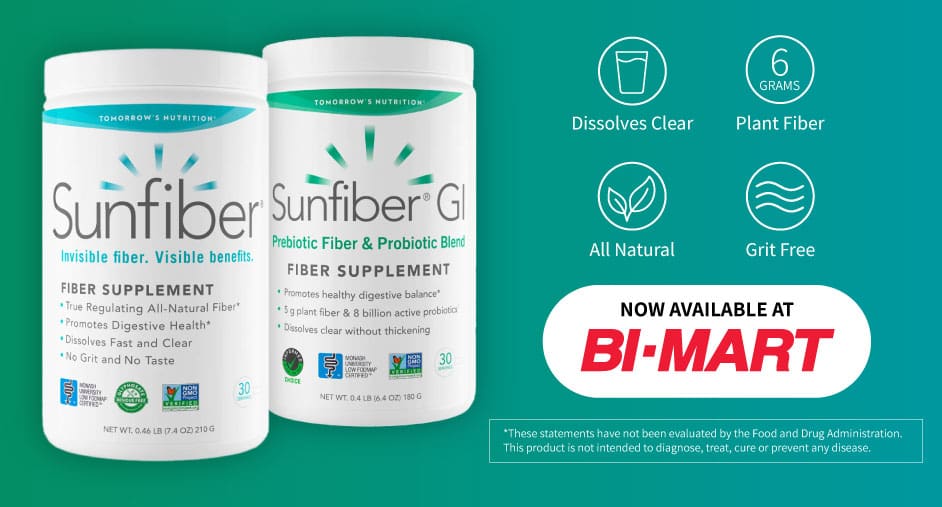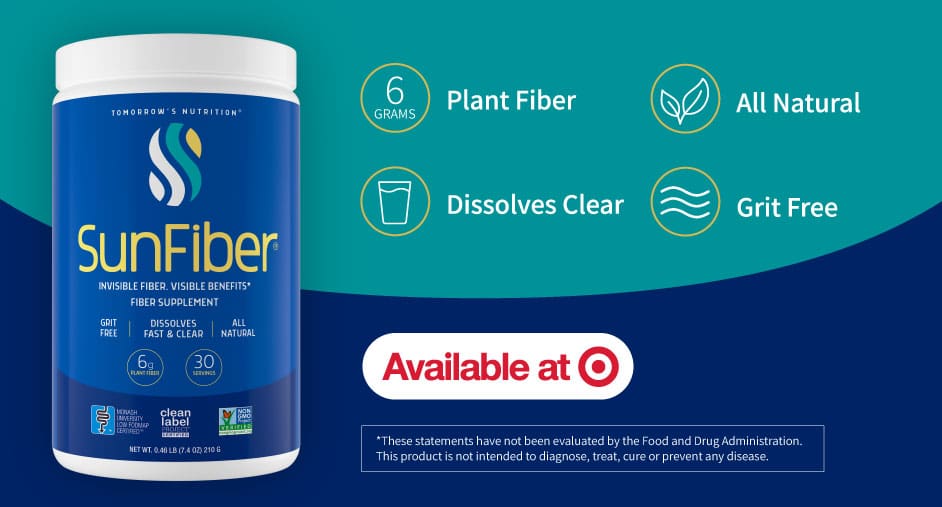Could certain high FODMAP foods or ingredients be triggering your GI upsets? If you have severe gas and bloating, or have been diagnosed with Irritable Bowel Syndrome, your healthcare professional may suggest that you try a low-FODMAP (or FODMAP) diet. This diet may help you identify potential food sensitivities so you may make wiser choices.
What are FODMAPs?
FODMAPs are a group of short chain carbohydrates that cause digestive disturbances with people, most notably those who suffer from IBS. This group contains carbohydrates and sugars that are either difficult to digest (malabsorbed) or rapidly fermented. This results in bacterial fermentation in the large intestine, causing excess gas and bloating.
Overall, the FODMAP dietary program has been shown to help reduce the symptoms of IBS compared with the standard of care, which is great for people who suffer from the pain, gas, and bloating associated with this condition.
But the program can be difficult to follow and the elimination phase is low in dietary fiber. Tomorrow’s Nutrition Sunfiber is certified low-FODMAP so it is perfectly safe and appropriate to use as you are trying to identify specific food sensitivities.
Three steps toward more comfortable eating?
The FODMAP diet is a screening process, not actually a diet. People who have the issues described above typically go through a FODMAP screening program, or elimination phase, to understand what is causing them and how to avoid those foods or ingredients. Determining which FODMAPs trigger your symptoms may require some trial and error. That is because everyone’s microbiome is unique. For some, it may be garlic and onion. For others, it may be wheat.
The screening involves three steps:
- Exchanging high FODMAP foods for low-FODMAP alternatives for several weeks.
- Reintroducing one FODMAP at a time
- Personalizing your diet based on what you can and cannot tolerate.
While this is a highly effective strategy for identifying food sensitivities, there are no guarantees. The FODMAP experts at Monash University estimate that about ¼ of IBS sufferers may not experience symptom improvement while on this program.
Do you already suspect a specific food sensitivity?
Especially if you pay close attention to your body’s response to certain foods and meals, you may already have a good idea of what may be causing your GI distress.
Common high FODMAP foods include, but aren’t exclusive to:
- Fruits: such as apples, pears, mangoes, figs, cherries and watermelon
- Vegetables: garlic, onions, mushrooms, cauliflower and snow peas
- Beans and legumes: split peas, baked beans and red kidney beans
- Grains: rye and wheat
- Processed meats and foods that contain onions and garlic in marinades and sauces
- Most dairy products
Common low FODMAP foods include but aren’t exclusive to:
- Fruits: blueberries, cantaloupe, kiwi, grapes, oranges, pineapple, strawberries
- Vegetables: green beans, broccoli, carrots, corn, lettuce, tomatoes
- Beans and legumes: peanuts, pecans, macadamia nuts
- Grains: rice, quinoa, oats
- Animal proteins: meats, poultry, fish and eggs
Be sure to heck with your healthcare professional before embarking on a low-FODMAP dietary program, because you may be cutting out common food groups, and missing out on essential micronutrients and macronutrients.





